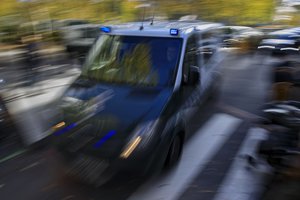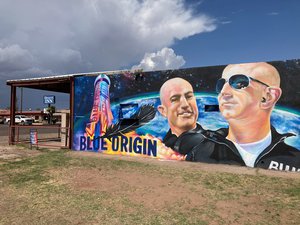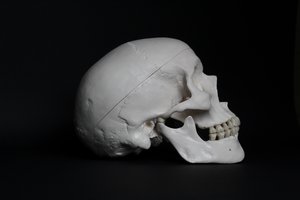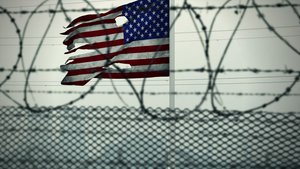Latest News for: acadians
Edit
Acadian One Step - Joseph Falcon
Bitchute 30 Oct 2021
Go to the source via the article link to view the video ....
Edit
Interim financial statements/report - English (Acadian Timber Corp)
Public Technologies 28 Oct 2021
Edit
52-109F2 - Certification of interim filings - CEO (E) (Acadian Timber Corp)
Public Technologies 28 Oct 2021
Edit
52-109F2 - Certification of interim filings - CFO (E) (Acadian Timber Corp)
Public Technologies 28 Oct 2021
Edit
Acadian Timber Corp. Reports Third Quarter Results
Nasdaq Globe Newswire 27 Oct 2021
EDMUNDSTON, New Brunswick, Oct. 27, 2021 (GLOBE NEWSWIRE) -- Acadian Timber Corp. (“Acadian” or the “Company”) (TSX.ADN) today reported financial and operating results1 for the three months ended September 25, 2021 (the “third quarter”) ... .
Edit
Acadian Timber Corp. Reports Third Quarter Results (Acadian Timber Corp)
Public Technologies 27 Oct 2021
Investors, analysts and other interested parties can access Acadian Timber Corp.'s 2021 Third Quarter Results via conference call or webcast on Thursday, October 28, 2021 at 1.00 PM ET ... ACADIAN TIMBER CORP ... Edmundston, NEW BRUNSWICK - October 27, 2021 - Acadian Timber Corp ... Health and safety remain a key focus for Acadian." ... Acadian Timber Corp.
Edit
 Plaquemine Post South
25 Oct 2021
Plaquemine Post South
25 Oct 2021
'Down to a science': Acadian Festival draws 8,000-plus as tradition, success grow
 Plaquemine Post South
25 Oct 2021
Plaquemine Post South
25 Oct 2021
One year after setbacks that included ...
Edit
 Plaquemine Post South
20 Oct 2021
Plaquemine Post South
20 Oct 2021
Cookoffs on menu for Acadian Festival
 Plaquemine Post South
20 Oct 2021
Plaquemine Post South
20 Oct 2021
Kids and adults can win prize money for their entries during International Acadian Festival cookoffs Saturday and Sunday at Mark A. “Tony” Gulotta Bayou Waterfront Park. For questions on the competition, call event chairman Joe Richard at (225) 326-9715. Here are the rules for the two contests. ... .
Edit
 Plaquemine Post South
20 Oct 2021
Plaquemine Post South
20 Oct 2021
Rides, food, music and more slated for Acadian Festival
 Plaquemine Post South
20 Oct 2021
Plaquemine Post South
20 Oct 2021
Additional events for the day include.The International Acadian Festival Pageant will begin at 1 p.m ... Registration for the pageant is held at the Knights of Columbus Hall on Price Street, as well as the International Acadian Festival Pageant Facebook page.The cornhole tournament, which will roll into gear at 10.30 a.m.
Edit
 Plaquemine Post South
20 Oct 2021
Plaquemine Post South
20 Oct 2021
Donna Carville named Grand Marshal for 2021 Acadian Festival parade
 Plaquemine Post South
20 Oct 2021
Plaquemine Post South
20 Oct 2021
Longtime time community volunteer Donna Carville was named Grand Marshal for the 2021 International Acadian Festival parade, which will roll through the city Sunday, Oct. 24. Donna Carville was born and raised in Plaquemine. She married a hometown boy and raised her family here ... This is the role where her talents shined the most ... At St ... .
- 1
- 2
- Next page »

















